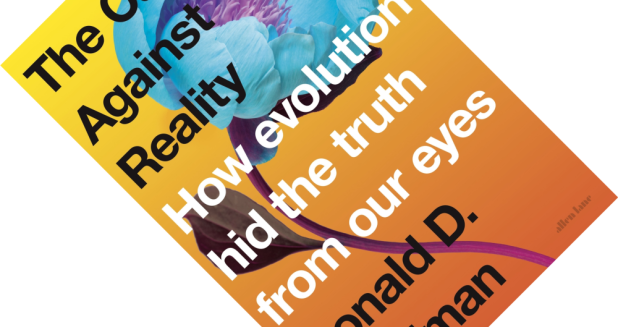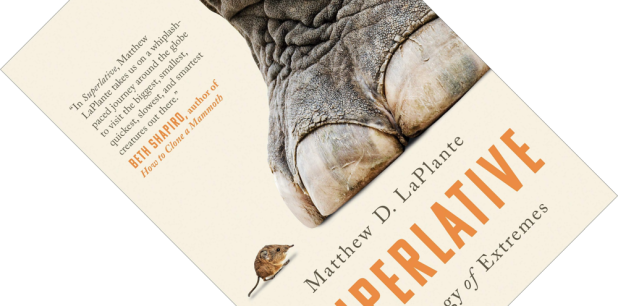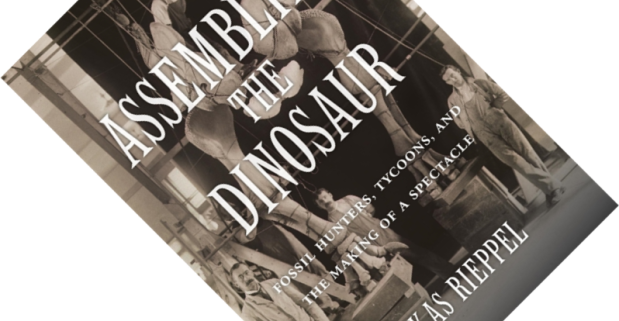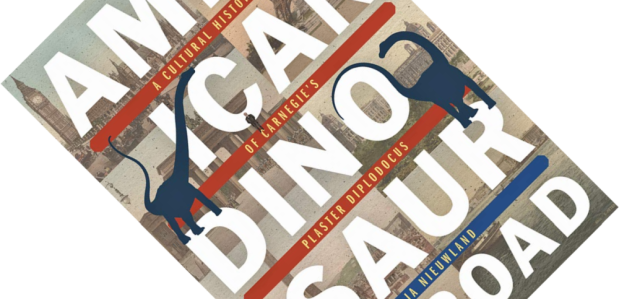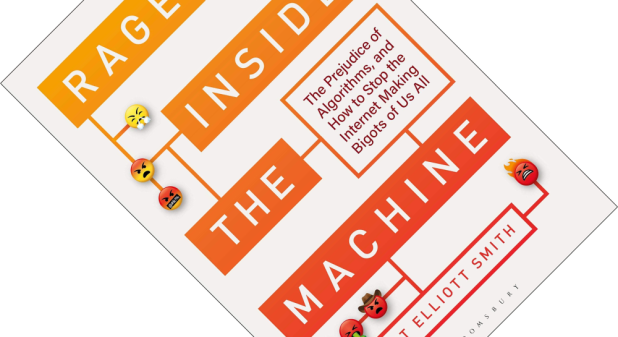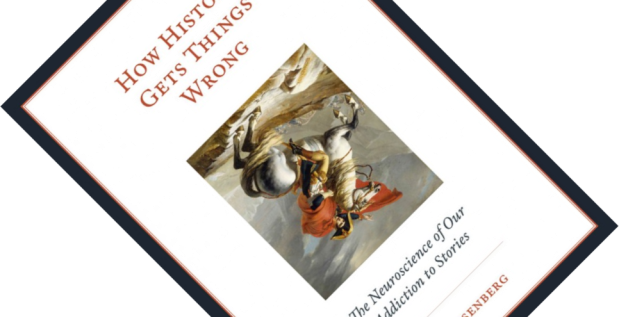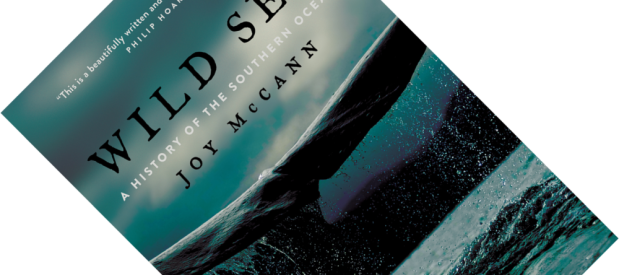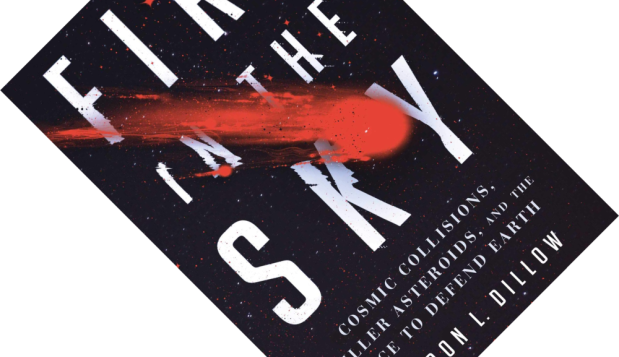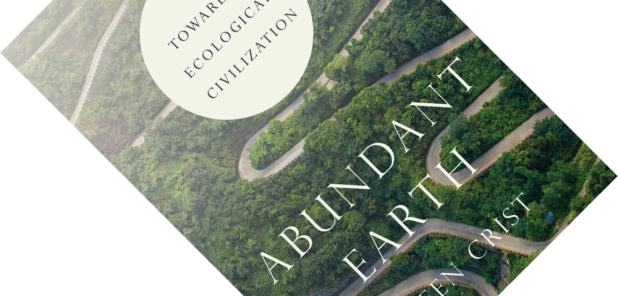7-minute read
Here be rabbit holes.
With that warning in mind, this book examines the question that has deprived philosophers of sleep since times immemorial: do we see the world as it truly is? Professor of Cognitive Sciences Donald D. Hoffman answers with a firm “no”. The resulting case against reality that he constructs is both speculative and thought-provoking, but I also found it a winding, confusing, and ultimately unconvincing read.

